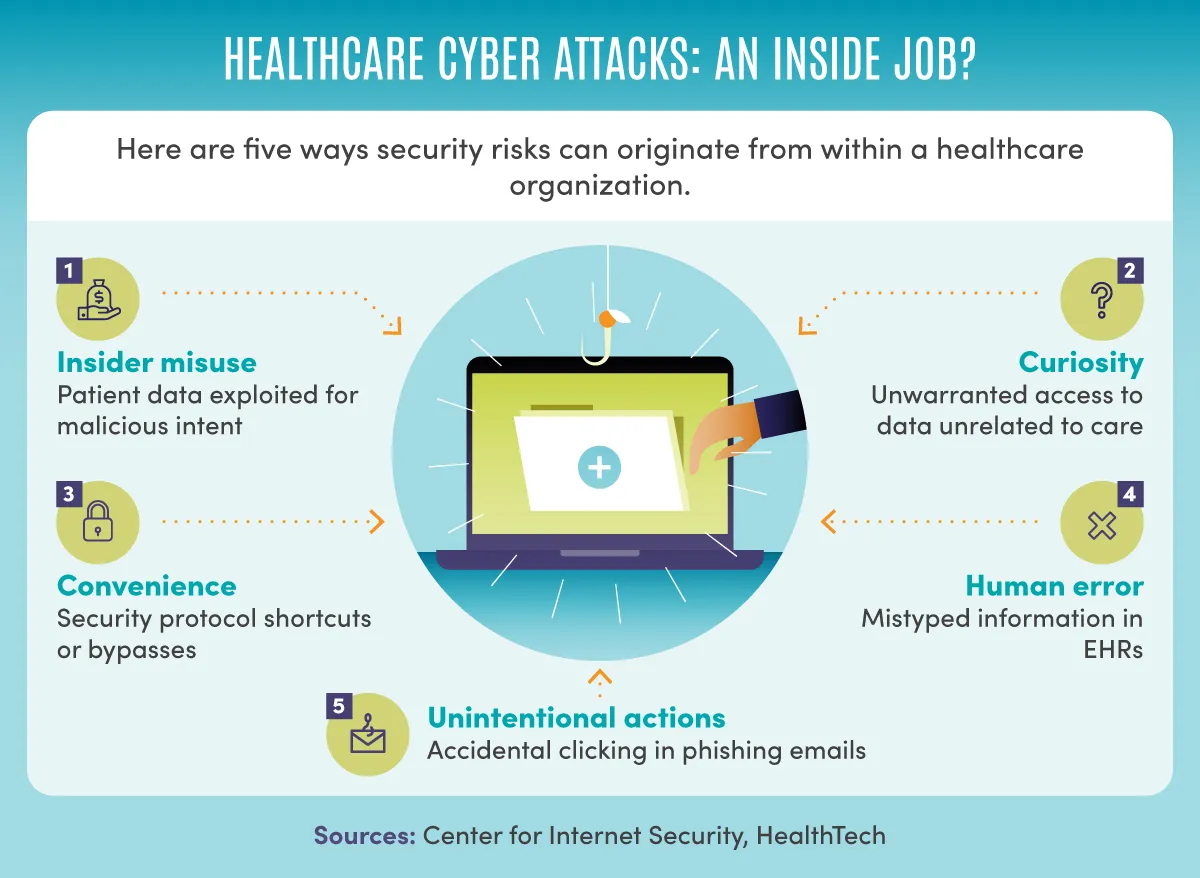The Role of AI in Cyber Defense: News and Trends
AI in Cyber Defense
Artificial Intelligence (AI) is becoming a powerful tool in cyber defense. It helps protect computers, networks, and data from attacks by using advanced technology to detect and respond to threats faster and more accurately than traditional methods. AI systems can analyze large amounts of data to identify patterns and anomalies that may indicate a cyber attack.
In the past, cybersecurity relied heavily on human expertise and manual processes. However, as cyber threats become more sophisticated, AI is playing a crucial role in enhancing security measures. AI systems can learn from past incidents and predict potential threats, providing a more proactive approach to cyber defense. This shift towards AI-driven security is transforming how organizations defend against cyber attacks.
Key AI Technologies Used in Cyber Defense
Several AI technologies are crucial for modern cyber defense. These include machine learning, natural language processing, and behavioral analytics.
Machine Learning: Machine learning algorithms can analyze patterns in data to detect unusual activities. For example, if a user suddenly accesses files they don’t usually interact with, the AI system can flag this behavior as suspicious. Machine learning helps in recognizing new threats by learning from past data and adapting its strategies accordingly.
Natural Language Processing (NLP): NLP enables AI systems to understand and interpret human language. In cyber defense, NLP is used to analyze emails, social media posts, and other text data to identify phishing attempts or malicious content. It helps in detecting and blocking threats that might be hidden in everyday communications.
Behavioral Analytics: Behavioral analytics focuses on monitoring user behavior to identify anomalies. For instance, if a user’s activity suddenly deviates from their normal patterns, the AI system can investigate whether this behavior is due to a potential threat. Behavioral analytics helps in detecting insider threats and compromised accounts by understanding what normal behavior looks like.
Recent Developments in AI Cyber Defense

Recent developments in AI for cyber defense are making security systems more effective and efficient. One significant trend is the integration of AI with existing security infrastructure. Organizations are combining AI with traditional tools like firewalls and intrusion detection systems to enhance their capabilities.
Another development is the use of AI for real-time threat detection and response. Traditional methods might take hours or even days to identify and mitigate a threat. However, AI systems can analyze data in real time, allowing for quicker responses to emerging threats. This capability is crucial in preventing damage and minimizing the impact of cyber attacks.
AI is also improving threat intelligence by aggregating and analyzing data from various sources. This helps in creating a comprehensive view of the threat landscape, enabling organizations to anticipate and prepare for potential attacks. By leveraging AI, companies can stay ahead of cybercriminals and protect their assets more effectively.
Challenges and Concerns in AI Cyber Defense
While AI offers many benefits for cyber defense, there are also challenges and concerns to address. One major challenge is the risk of AI systems being manipulated by attackers. Cybercriminals may exploit vulnerabilities in AI algorithms or use AI themselves to launch more sophisticated attacks.
Another concern is the potential for false positives and negatives. AI systems are not perfect and may sometimes incorrectly classify legitimate activities as threats or fail to detect actual attacks. This can lead to unnecessary alerts or missed threats, affecting the overall effectiveness of the security system.
Additionally, there is a need for continuous monitoring and updating of AI systems. As cyber threats evolve, AI algorithms must be regularly updated to stay effective. This requires ongoing investment in technology and expertise, which can be a challenge for some organizations.
Future Trends in AI for Cyber Defense
Looking ahead, AI will continue to play a significant role in cyber defense. Future trends include the development of more advanced AI algorithms that can adapt to new threats in real time. AI systems will become even better at detecting and responding to attacks by incorporating more sophisticated learning techniques and data analysis methods.
Collaboration between AI systems and human experts will also become more important. While AI can handle many tasks autonomously, human oversight will still be necessary to ensure that the technology is used effectively and ethically. Combining AI with human intelligence will lead to more robust and adaptive cyber defense strategies.
Overall, AI will remain a key component in the fight against cyber threats. As technology continues to advance, AI will evolve to meet the challenges of an increasingly complex digital landscape, providing organizations with the tools they need to protect their information and systems.



